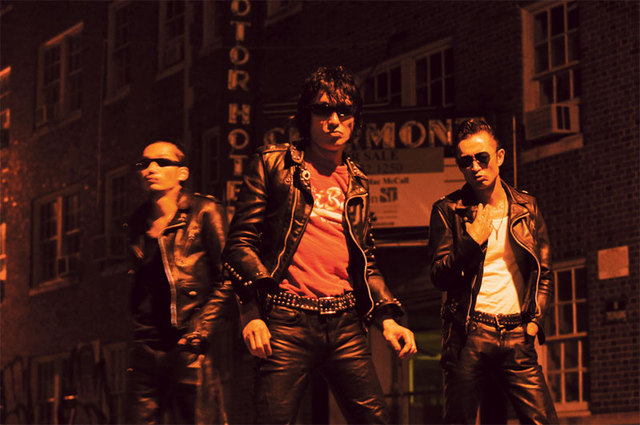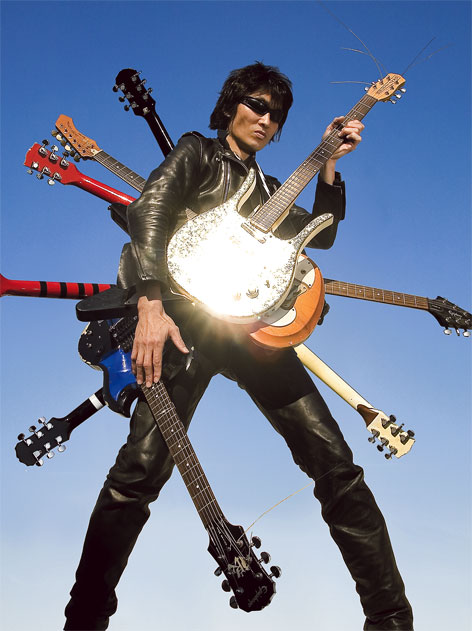Foreign Exchange: Guitar Wolf Returns To Planet U.s.a. On The Hoochie Coochie Space Men Tour
Guitar Wolf Returns To Planet U.s.a. On The Hoochie Coochie Space Men Tour



Latest Article|September 3, 2020|Free
::Making Grown Men Cry Since 1992


